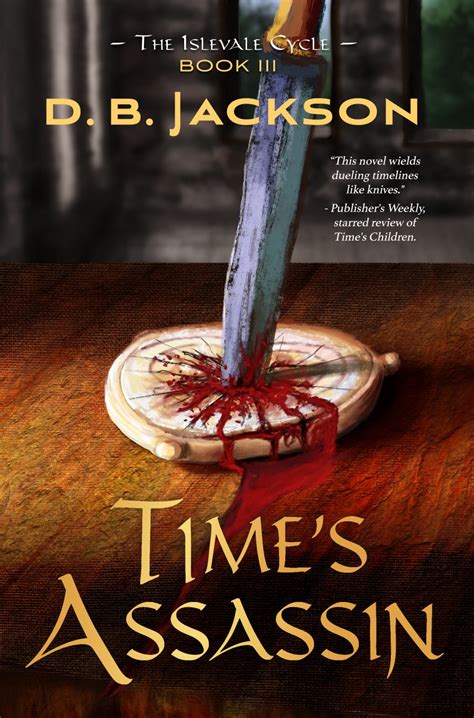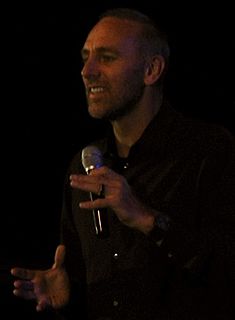A Quote by Scott Westerfeld
People only worry about the uncanny for about a week; that's the end of their attention span. After that, suspicions turn into shtick.
Related Quotes
The average human attention span was 12 seconds in 2000 and 8 seconds in 2013. A drop of 33%. The scary part is that the attention span of a goldfish was 9 seconds, almost 13% more than us humans. That's why it's getting tougher by the day to get people to turn the page. Maybe we writers ought to try writing for goldfish!
Be more attentive to what successful people have to say about all the opportunity around you. Anything important - which takes only two minutes to point out - will exceed most people's attention span by at least a minute and a half. Learn to pay attention for two minutes at a time - and you will see more opportunity than you know what to do with.
If you make the decision to send your kid to public school don't even look at private schools. Just shut the door. Just turn off the TV. And then you don't even have to worry about preschool. You have to worry about what's good for your kid, but you don't have to worry about how to position yourself.
We planted the church by starting a Sunday night outreach. The very first Sunday we had 70 people turn up. The second week, there were 60, the third week, 53, and by the fourth week, 45. I've often joked that we worked it out at the time- we had only four and a half weeks left until there were no more people. It was about that time that we had our first ever commitment to Christ. We outgrew the school hall after 12 months. The crowds were so big that we were using road-case as the platform, and what should have been the stage as a balcony so that we could fit more people in.
I think of the medium as a people-to-people medium, not cameraman-to-people, not direction-to-people, not writers-to-people, but people-to-peopleYou can only involve an audience with people. You can't involve them with gimmicks, with sunsets, with hand-held cameras, zoom shots, or anything else. They couldn't care less about those things. But you give them something to worry about, some person they can worry about, and care about, and you've got them, you've got them involved.

































